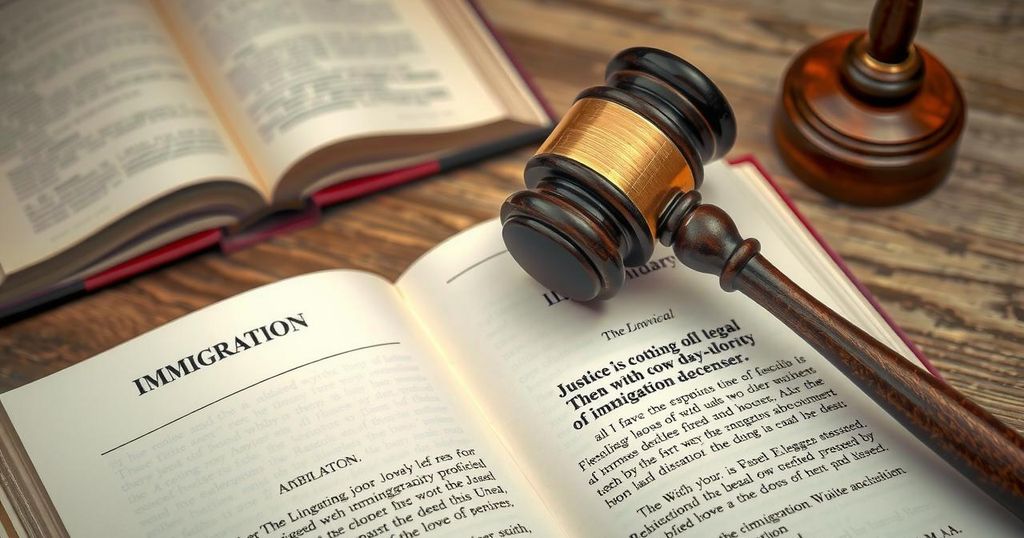Judge Briefly Blocks Deportation of Immigrants to South Sudan

- Federal judges have halted deportation to South Sudan temporarily.
- The Supreme Court’s ruling has cleared the way for deportations.
- Eight immigrants from various countries face potential relocation to South Sudan.
- Judge Moss and Judge Murphy have played critical roles in this legal saga.
- Lawyers for the immigrants filed an emergency request to stop the deportations.
Judges Monitor Immigrant Deportation Appeals Amid Legal Turmoil
Federal judges found themselves in a legal whirlwind recently as they grappled with the case of eight immigrants facing deportation back to South Sudan, a country currently embroiled in civil conflict. The saga began when District Judge Randolph Moss in Washington, D.C. temporarily blocked the deportations on July 4. He sought to review a last-minute appeal filed by attorneys representing the immigrants, which he hoped would offer an immediate solution to their uncertain status. However, complications surfaced as the legal landscape shifted rapidly, pushing the case into a complex realm of judicial interpretations and Supreme Court influences.
Legal Decisions Strain Future of Immigrants Facing Deportation
The situation grew more precarious when the very same day, Judge Brian Murphy in Boston issued a ruling that essentially stated his hands were tied due to recent Supreme Court orders. Murphy’s ruling was decisive, indicating that the Supreme Court’s directive placed the administration in a position to proceed with deportations irrespective of the humanitarian concerns surrounding these immigrants. The administration has been attempting to relocate these individuals, none of whom are originally from South Sudan. They had been held for several weeks at a U.S. naval base in Djibouti, a temporary arrangement necessitated by Murphy’s earlier decision prohibiting deportations without court intervention.
Humanitarian Concerns Arise Over Legal Proceedings
Following the Supreme Court’s latest directives, the U.S. government announced its intention to transport these immigrants to South Sudan after Murphy’s ruling. The rapid pace at which the legal decisions unfolded left little time for the immigrants’ legal team to respond effectively. Lawyers for the affected individuals quickly sought an emergency halt to the deportations, emphasizing their clients’ origins from countries like Laos and Mexico, rather than war-torn regions. As this situation continues to develop, it illustrates the ongoing struggle within the U.S. judicial system to balance legal mandates against humanitarian repercussions, particularly regarding immigrants facing perilous returns to their countries of origin.
In summary, a tumultuous sequence of legal decisions regarding the deportation of eight immigrants to South Sudan is marked by a brief halt initiated by a federal judge. However, ultimately, the higher court’s rulings compelled the relocation to proceed, sidestepping significant humanitarian concerns associated with sending individuals back to such a dangerous region. This evolving case highlights the intricate dynamics between judicial authority, executive action, and the personal fates of those caught in the crossfire of immigration policy.







